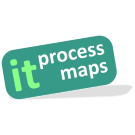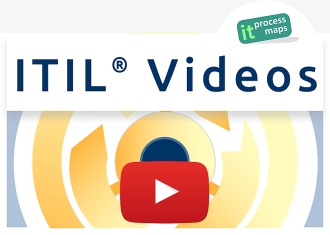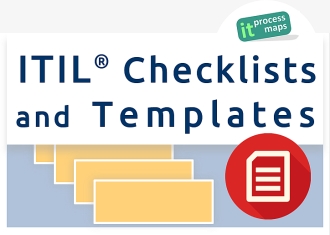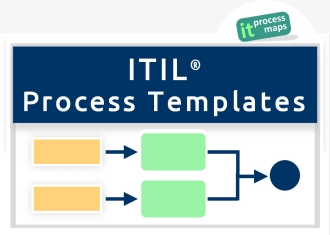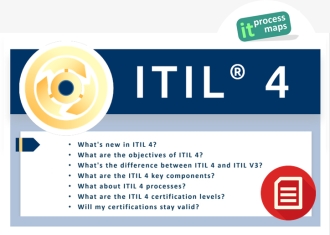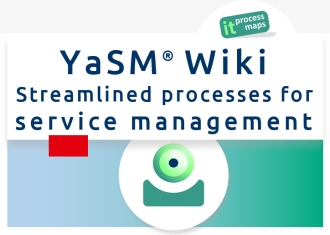Knowledge Management
<seo metakeywords="itil knowledge management, knowledge management itil, itil knowledge management process, knowledge management process" metadescription="Knowledge Management: ITIL process definition - Sub-processes - Terms - Additional information on ITIL Knowledge Management." />

ITIL Knowledge Management
ITIL Knowledge Management aims to gather, analyze, store and share knowledge and information within the IT organization. The primary purpose of Knowledge Management is to improve efficiency by reducing the need to rediscover knowledge.
Part of: Service Transition
Process Owner: Knowledge Manager
Process: ITIL Knowledge Management
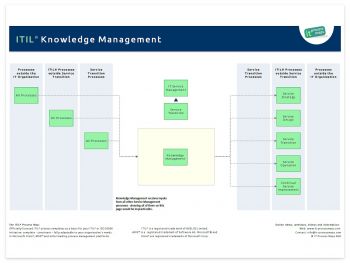
Knowledge Management was added as a new process in ITIL V3. Many aspects of Knowledge Management were covered by various processes in ITIL V2 - for example, Problem Management was (and in ITIL V3 still is) responsible for managing the Known Error Database.
ITIL V3, however, defines Knowledge Management as the one central process responsible for providing knowledge to all other IT Service Management processes.
Note: ITIL Knowledge Management is dealt with in many other Service Management processes. The Knowledge Management process itself ensures that all information used within Service Management, stored in the Service Knowledge Management System, is consistent and readily available.
Sub-Processes
No sub-processes are specified for ITIL Knowledge Management.
ITIL Terms: Knowledge Management
- Service Knowledge Management System (SKMS)
- The Service Knowledge Management System (SKMS) is the central repository of the data, information and knowledge that the IT organization needs to manage the lifecycle of its services. Its purpose is to store, analyze and present the service provider's data, information and knowledge. The SKMS is not necessarily a single system – in most cases it will be a federated system based on a variety of data sources.
Additional Information
ITIL Roles
- Knowledge Manager - Process Owner
- The Knowledge Manager ensures that the IT organization is able to gather, analyze, store and share knowledge and information.
- His primary goal is to improve efficiency by reducing the need to rediscover knowledge.
Downloads
Overview ITIL Knowledge Management
|
Use the following links to open the process overview of Knowledge Management showing the most important interfaces: |
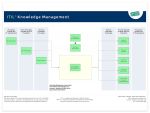 |
